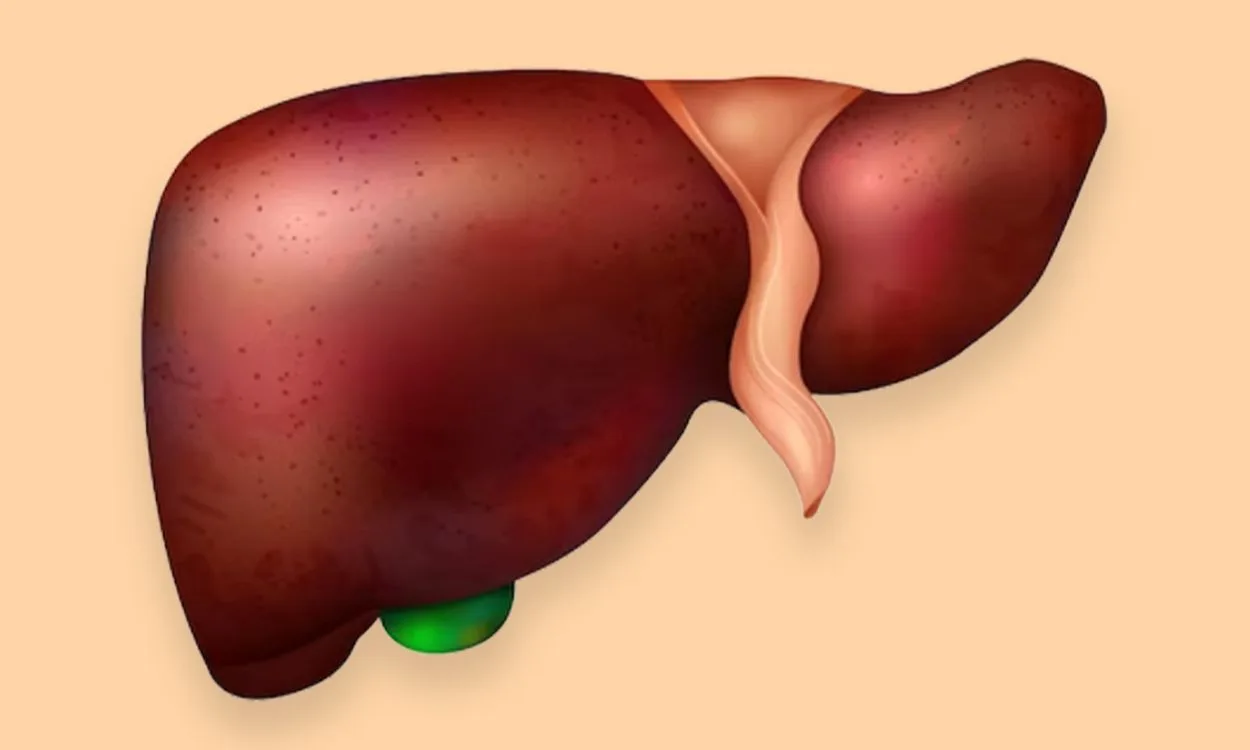Can PCOD Lead to Fatty Liver Disease?
Polycystic Ovary Syndrome (PCOS) is a common endocrine disorder among women of reproductive age, affecting approximately 5-10% of this population in India. PCOS is characterized by hormonal imbalances, irregular periods, and the development of small cysts on the ovaries. While PCOS is primarily known for its impact on fertility and hormonal health, emerging research has also linked PCOS to an increased risk of developing non-alcoholic fatty liver disease (NAFLD), particularly among women in India.
Understanding the Link between PCOS and Fatty Liver Disease
NAFLD is a condition characterized by the accumulation of fat in the liver, leading to liver inflammation and potential long-term liver damage. Studies have indicated that women with PCOS are at a higher risk of developing NAFLD compared to women without the syndrome. The underlying mechanisms linking PCOS to fatty liver disease are complex and multifaceted, involving hormonal imbalances, insulin resistance, and genetic factors.
Hormonal Imbalances:
Women with PCOS often experience elevated levels of androgens, such as testosterone, which can contribute to the development of NAFLD. Androgens have been associated with increased liver fat accumulation and impaired liver function, potentially exacerbating the progression of fatty liver disease.
Insulin Resistance:
Insulin resistance, a hallmark of PCOS, plays a pivotal role in the pathogenesis of NAFLD. When the body becomes resistant to the effects of insulin, it leads to elevated insulin levels in the blood, promoting the synthesis and storage of fat in the liver. This can ultimately lead to the development of NAFLD and its associated complications.
Genetic Factors:
While the exact genetic underpinnings of the PCOS-NAFLD link are still being elucidated, genetic predispositions may contribute to the susceptibility of women with PCOS to developing fatty liver disease. Certain genetic variants and metabolic pathways have been implicated in both PCOS and NAFLD, highlighting the intricate interplay between genetics and disease risk.
Addressing the Risk: Lifestyle Modifications and Holistic Management
Given the potential consequences of NAFLD in individuals with PCOS, it becomes imperative to address this risk through proactive measures and comprehensive management strategies. Lifestyle modifications, including dietary interventions, regular physical activity, and weight management, play a crucial role in mitigating the risk of fatty liver disease in women with PCOS.
Dietary Interventions:
Adopting a balanced and nutritious diet is key to managing both PCOS and NAFLD. Emphasizing whole foods, such as fruits, vegetables, lean proteins, and healthy fats, while minimizing the consumption of processed and sugary foods can support metabolic health and reduce the burden on the liver.
Physical Activity:
Regular physical activity not only aids in weight management but also improves insulin sensitivity and lipid metabolism, thereby benefiting both PCOS and NAFLD. Engaging in a combination of aerobic exercise and strength training can positively influence liver health and overall well-being.
Weight Management:
Maintaining a healthy weight is instrumental in reducing the risk and progression of fatty liver disease. Even modest weight loss, as little as 5-10% of total body weight, has been shown to yield significant improvements in liver fat content and metabolic parameters in individuals with NAFLD and PCOS.
The Role of Comprehensive Healthcare Solutions
As the intersection of PCOS and NAFLD necessitates a holistic approach to health and wellness, leveraging advanced healthcare solutions can empower individuals to proactively manage their conditions. Innovative platforms such as Fitpaa offer AI-driven metabolism monitoring and management technologies, coupled with personalized support from a multidisciplinary team of experts, to help individuals with PCOS and related health concerns achieve their wellness goals.
By integrating the latest research in lifestyle medicine and behavioral therapy, Fitpaa aims to optimize metabolic health, address hormonal imbalances, and promote sustainable lifestyle changes tailored to individual needs. From personalized nutrition therapy to medical exercise programs, Fitpaa encapsulates a comprehensive approach to enhancing overall well-being while addressing the specific challenges associated with PCOS and its potential impact on liver health.
Embracing a Transformative Journey with Fitpaa
For individuals navigating the complexities of PCOS and its potential implications for liver health, the Fitpaa app emerges as a valuable ally in their pursuit of holistic wellness. With its evidence-based approach and commitment to personalized care, Fitpaa provides a seamless platform for individuals to access tailored health and fitness plans, real-time guidance, and ongoing support from a dedicated team of health professionals.
As part of its mission to empower individuals and transform lives, Fitpaa offers a risk-free trial, ensuring that individuals have the opportunity to experience the comprehensive suite of services and features designed to facilitate their wellness journey. By harnessing the power of technology and expert guidance, individuals can proactively address the interconnected challenges posed by PCOS and NAFLD, ultimately enhancing their overall quality of life and well-being.
In conclusion, while the association between PCOS and fatty liver disease underscores the intricate interplay between metabolic, hormonal, and liver health, it also highlights the potential for proactive intervention and personalized support to mitigate these risks. Through a combination of lifestyle modifications, evidence-based healthcare solutions, and a commitment to transformative wellness, individuals can navigate the complexities of PCOS and its potential implications for liver health with confidence and empowerment.









